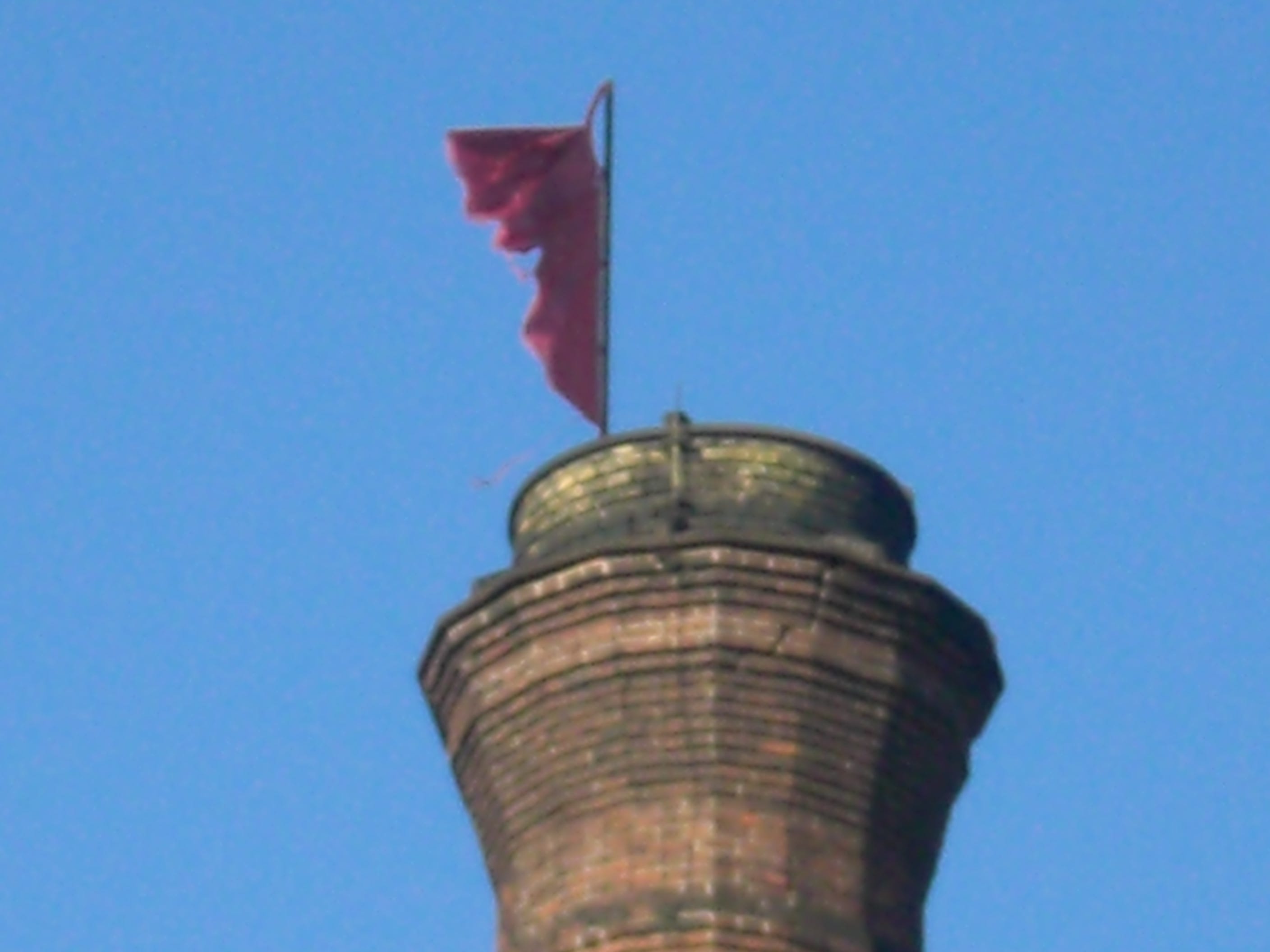1989
Yesterday was the 30th anniversary of the fall of the Berlin wall. I found an impressing and touching article in “the Spiegel”.
Familiendrama zwischen West und Ost
Warum ich mich nicht über den Mauerfall freuen konnte
(https://www.spiegel.de/geschichte/mauerfall-ein-familiendrama-zwischen-ddr-und-brd-a-1294935.html)
1989 I already had emigrated from Germany and I was living in Rome.
The most important political event of 89 for me was not the fall of the Berlin wall, but that what had happened at Piazza Tiananmen, where Chinese students had protested for democracy and had been suppressed by the military. The Youth organization of the then still existing PCI organized a march against the repression in Rome. I participated; actually it was the last political manifestation in which I participated. 1989 was just 6 years after I quitted political militancy and I might have harvested still some hopes in a democratic communism, which made me participating in the protest march in Rome. Today I understand much more the complexicity of the situation in China 1989. The economic reforms had produced not only wealth but also insecurity and the conservative forces wanted to roll back the Deng reforms. He backed the violence against the students in the seek for stability.
How does this refer to the fall of the Berlin wall? 1989 was the end of comunism not only in Europe, but also in China, because the reform course was made irreversible by Deng Xiao Pings interventions in the follow up of the protests.
But this is not about China, about which I have tons of impressions and opinions. This is about 1989 and my home country.
I was against the reunification. I said, every people from the Ex Soviet Block has to get out of the shit with own forces. If you will be paid out of the shit, as in the case of Eastern Germany through Western Germany, this will have disastrous consequences, not only for the moral of people but also for real economic development, and indeed, the reunification was not a reunification, but an incorporation of East Germany into the West. Obviously with the Agreement of 90% of the East German population. There is still an extra payment (“Solizuschlag”) what Germans have on their tax roll to pay for the costs of the incorporation of the bankrupt DDR. I later changed my position, I understood that there was no way of stopping the Unification process. And why the East Germans should not have had some advantages from speaking the same language as the Germans in the West?
But as a matter of fact, wide areas of the Ex DDR have become economically marginal and the political mood of the population in “den neuen Laendernn” is depressive. Large parts of the electorate are easy victims to populists from the left or the right. It would have been an interesting development if Berlin would have become the capital of an independent East German state, very near to Poland and Russia, whereas the western capital would have been finally moved to Frankfurt, very near to London and Paris. Now we have a Germany a maybe bit too big for the European integration process…..but anyway.
The Spiegel article points to the situation in both German states before 89 and long before 89. We all know that the DDR was an illiberal dictatorship. But very few remember that you would go to jail in the BRD for being a communist still at the beginning of the 60s. I remember a judge in 1975, telling me, when I was citing a UN resolution, that in his court national German law is applied not international law. The BRD before 68 was deeply illiberal, conservative and partly revanchist.

This has been reversed in the 70s thanks to the socialdemocratic governments and the 68 spirit. This process of getting more liberal and open has surely contributed to destabilize the DDR, which could not produce a “Feindbild” anymore after Willy Brandt kneeled down in Warsaw. The 20 years between 69 and 89 have transformed the Westgerman society. Since 89 another type of history is ongoing

